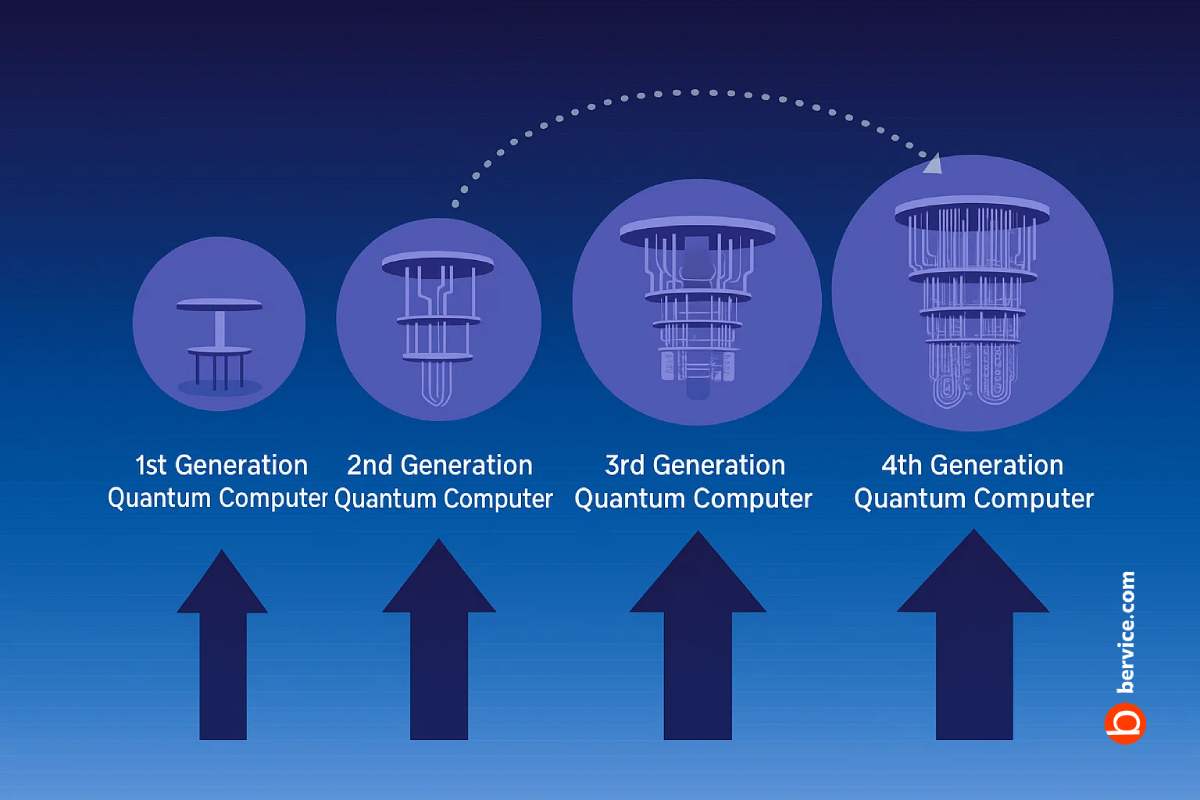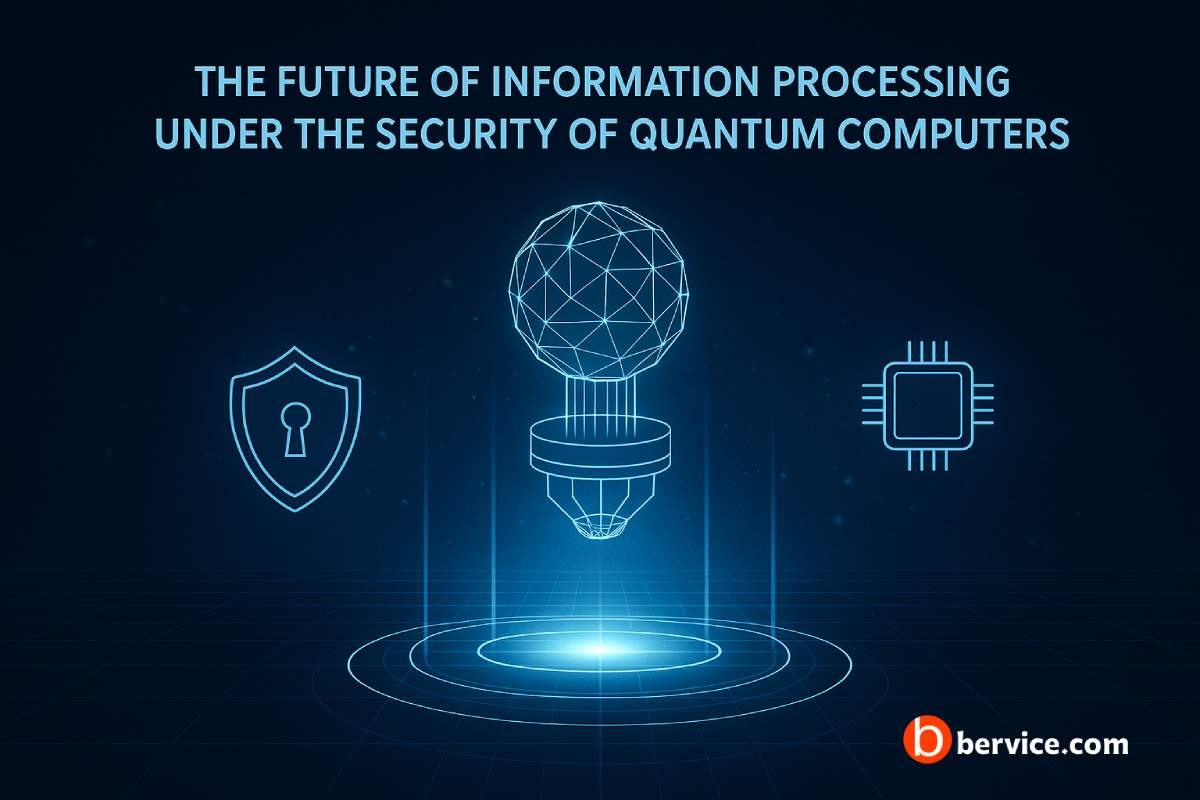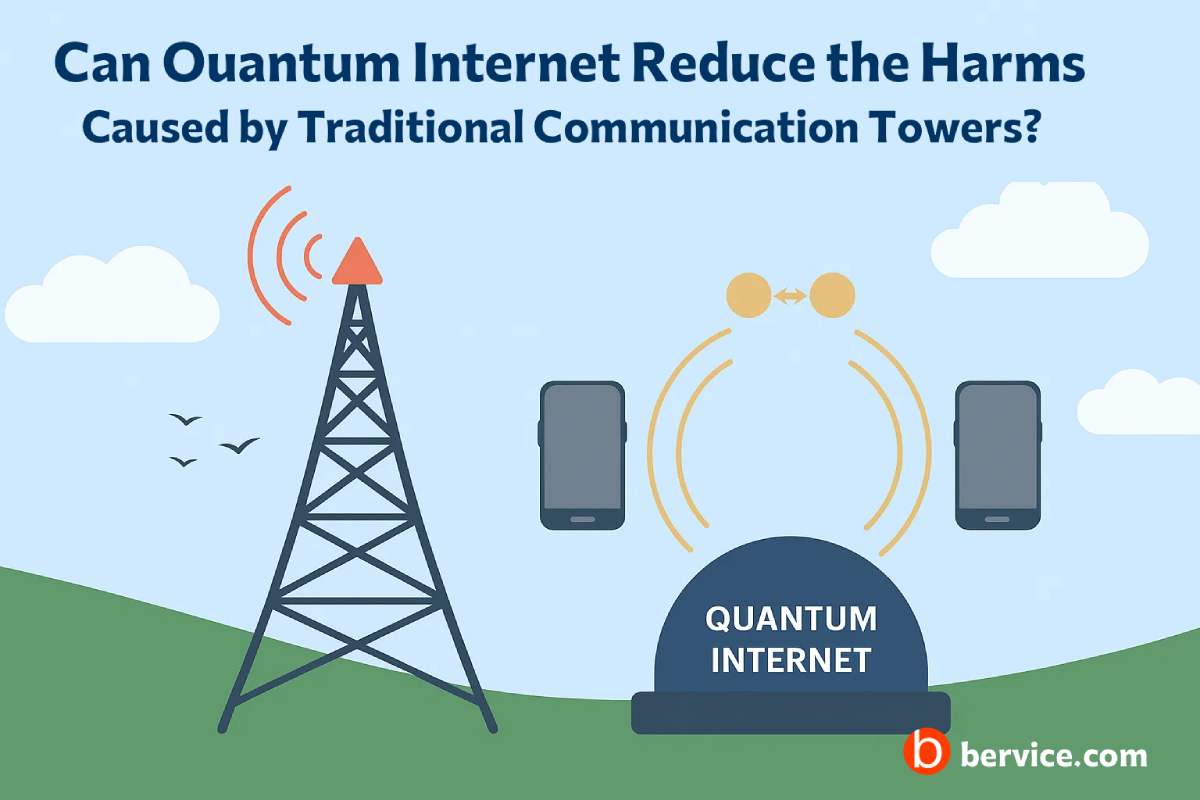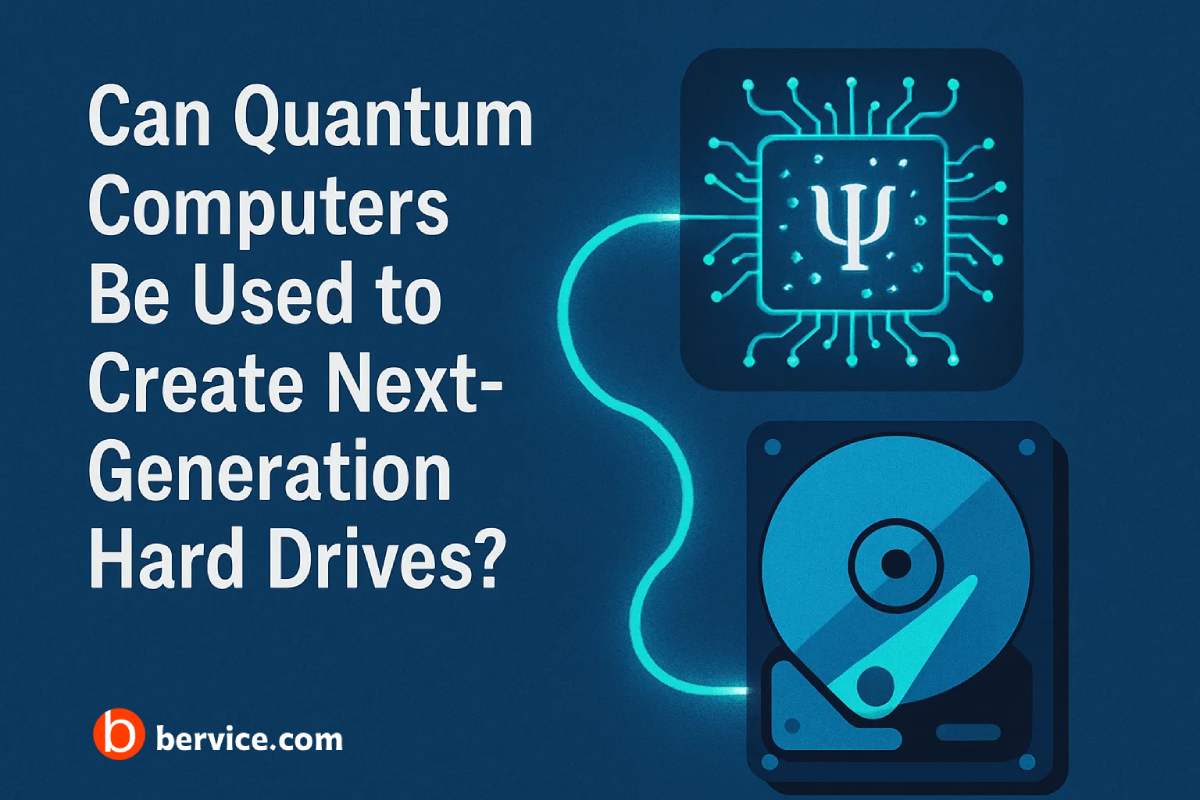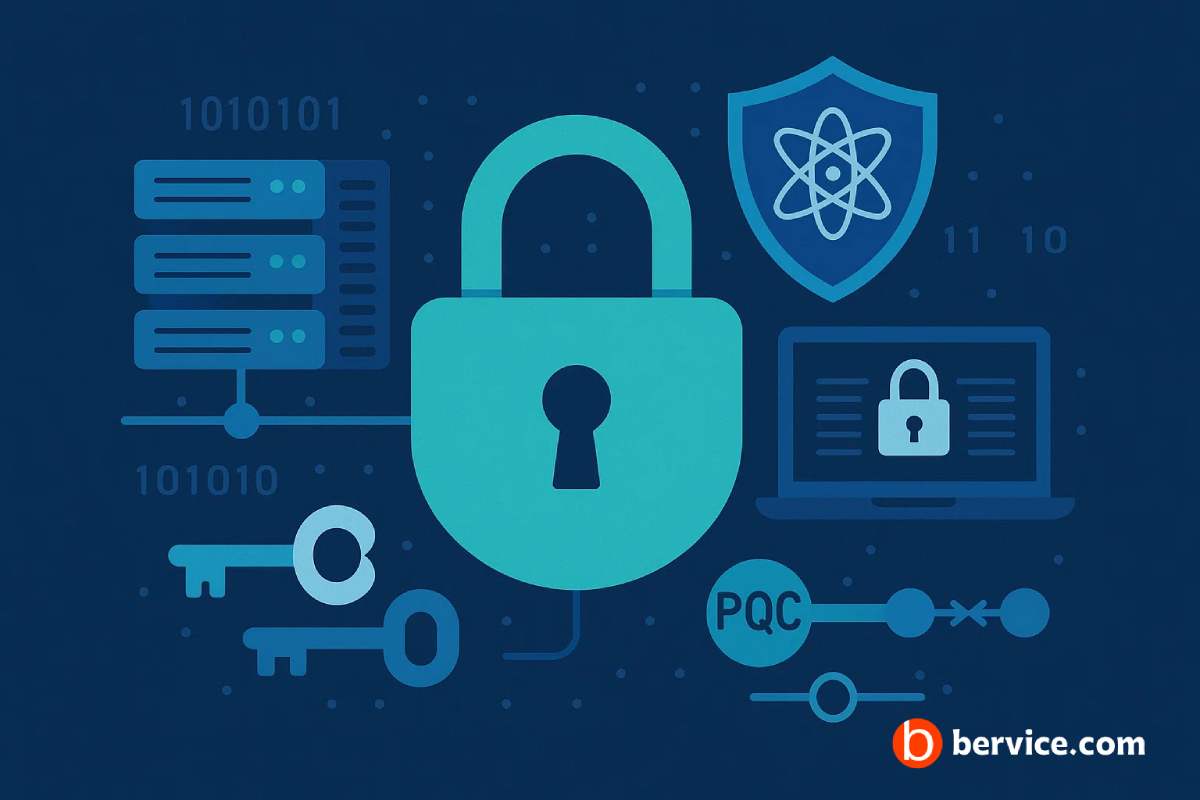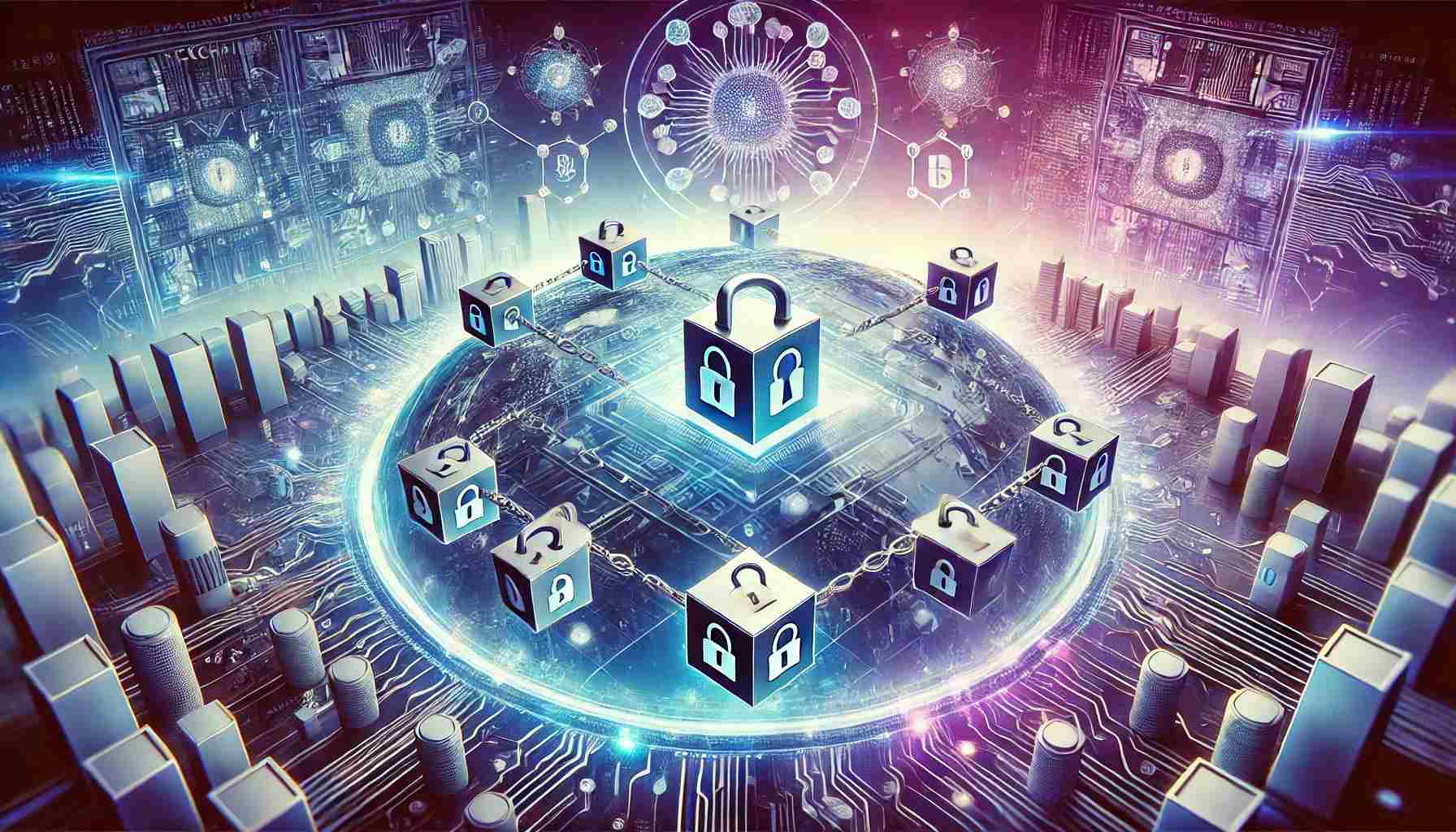
In the ever-evolving digital world, data security is a crucial concern for individuals, organizations, and governments. Traditional methods of securing information, such as encryption, are becoming vulnerable due to the rapid advancements in computing technologies. Among the most significant innovations poised to revolutionize information security are blockchain technology and quantum computing. These two technologies, when combined, can offer unprecedented levels of security, reshaping how we protect sensitive data.
Blockchain: The Decentralized Trust Machine
Blockchain is a decentralized, distributed ledger technology that records transactions across multiple computers in a way that ensures the security, transparency, and immutability of data. Unlike traditional centralized systems, where data is controlled by a single authority, blockchain operates on a network of independent nodes. Each participant (node) in the network has access to the entire ledger, which makes it extremely difficult for malicious actors to alter or tamper with the information.
One of the key features of blockchain technology is its use of cryptography to secure transactions. Each block in the blockchain is connected to the previous one through a cryptographic hash, creating a chain of blocks. This makes any alteration of data in one block extremely noticeable, as it would require altering all subsequent blocks, which is computationally infeasible. This “immutable ledger” ensures that once data is recorded, it cannot be changed or deleted without consensus from the network, making it an ideal tool for securing financial transactions, digital identities, and other sensitive information.
In the context of information security, blockchain can:
- Enhance Data Integrity: Blockchain ensures that data once written cannot be altered, providing a high level of confidence in the integrity of the stored information.
- Enable Secure Digital Identities: With blockchain, individuals can control their own digital identities, making it harder for hackers to steal personal information.
- Facilitate Secure Transactions: Blockchain’s decentralized nature eliminates the need for intermediaries, reducing the risk of fraud and ensuring that transactions are secure and transparent.
Quantum Computing: The Next Frontier in Computing Power
Quantum computing, on the other hand, represents a revolutionary leap in computing power. Unlike classical computers, which use bits to represent information as 0s and 1s, quantum computers use quantum bits (qubits) that can exist in multiple states simultaneously. This ability to perform many calculations at once gives quantum computers the potential to solve complex problems much faster than classical computers.
In terms of information security, quantum computing poses both opportunities and challenges:
- The Threat to Traditional Encryption: Many of the encryption methods that protect sensitive data today, such as RSA and ECC (Elliptic Curve Cryptography), rely on the difficulty of solving certain mathematical problems. However, quantum computers could potentially solve these problems in a fraction of the time it would take classical computers. Shor’s algorithm, for instance, could allow quantum computers to factor large numbers exponentially faster than current methods, making traditional encryption methods vulnerable to attack.
- The Promise of Quantum-Resistant Cryptography: To counteract the potential threat posed by quantum computers, researchers are developing post-quantum cryptography (PQC). PQC algorithms are designed to be secure against quantum attacks, ensuring that data remains safe even in a quantum computing future. These cryptographic methods are being tested and standardized to create robust systems that are resilient to the computing power of quantum machines.
- Quantum Key Distribution (QKD): One of the most promising applications of quantum computing in enhancing security is Quantum Key Distribution (QKD). QKD leverages the principles of quantum mechanics to securely share encryption keys between two parties. The key feature of QKD is that any attempt to intercept or eavesdrop on the key distribution process would disturb the quantum state, making the interception detectable. This ensures that communication between parties remains private and secure.
The Synergy Between Blockchain and Quantum Computing
While blockchain offers an immutable, decentralized ledger and quantum computing presents a powerful tool for solving complex problems, the two technologies can complement each other to enhance data security further.
- Quantum-Resistant Blockchain: As quantum computers threaten the security of traditional encryption methods, blockchain can be integrated with quantum-resistant cryptographic techniques. By combining quantum-resistant algorithms with blockchain’s decentralized structure, it is possible to create highly secure systems that can withstand the computational power of future quantum computers.
- Smart Contracts and Quantum Safety: Blockchain’s smart contract functionality can be enhanced with quantum-resistant encryption, ensuring that automated agreements remain secure even when quantum computing becomes mainstream. This will be crucial for industries like finance, healthcare, and supply chain management, where smart contracts play a vital role in securing transactions and data exchanges.
- Blockchain for Quantum Research: Blockchain can also be used to enhance the development of quantum computing itself. A decentralized and transparent ledger can help track quantum experiments and findings, ensuring that intellectual property and research data are protected from tampering and theft.
Conclusion
The combination of blockchain and quantum computing holds immense potential for advancing information security. Blockchain provides a decentralized, tamper-resistant framework for secure transactions, while quantum computing offers the ability to solve problems previously thought to be insurmountable. Together, these technologies can enhance data integrity, privacy, and resilience against future threats. As quantum computing continues to develop, the integration of quantum-resistant cryptography into blockchain systems will be crucial in safeguarding sensitive information and ensuring a secure digital future.
Connect with us : https://linktr.ee/bervice
